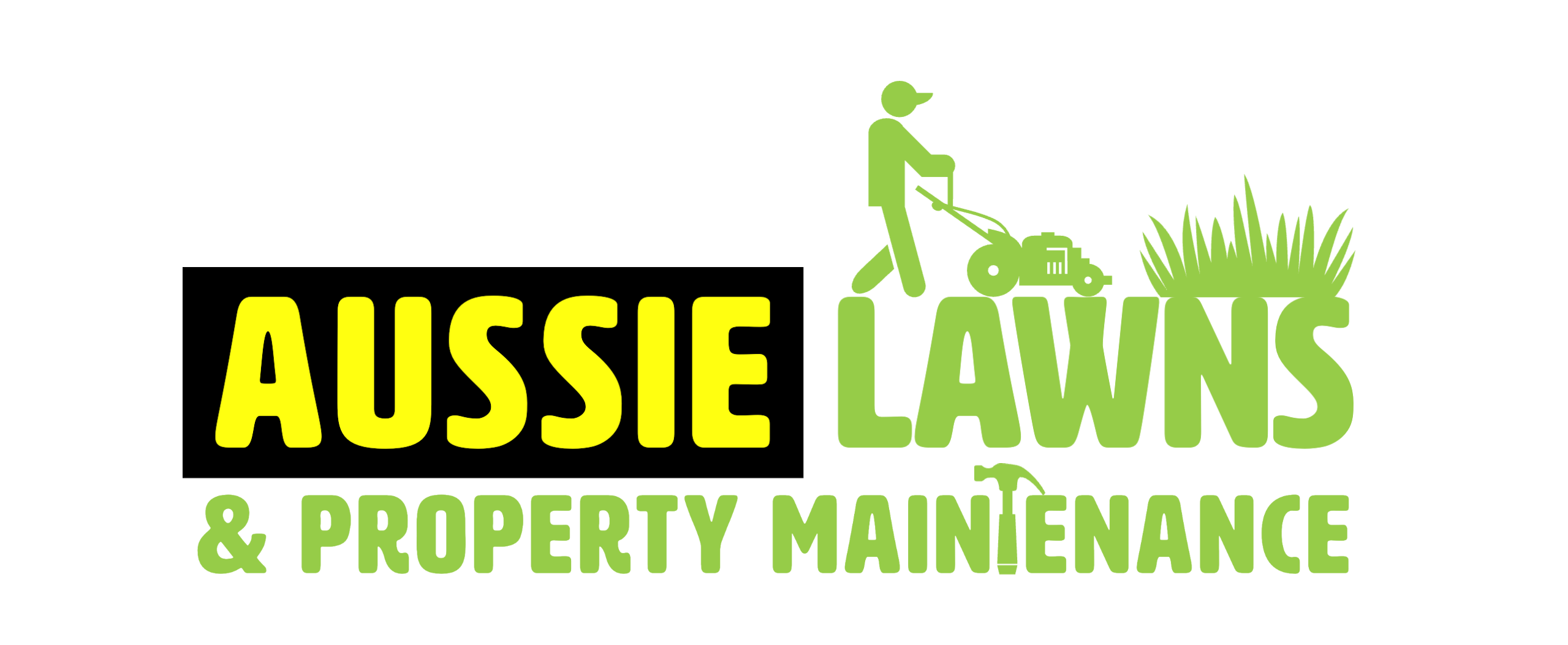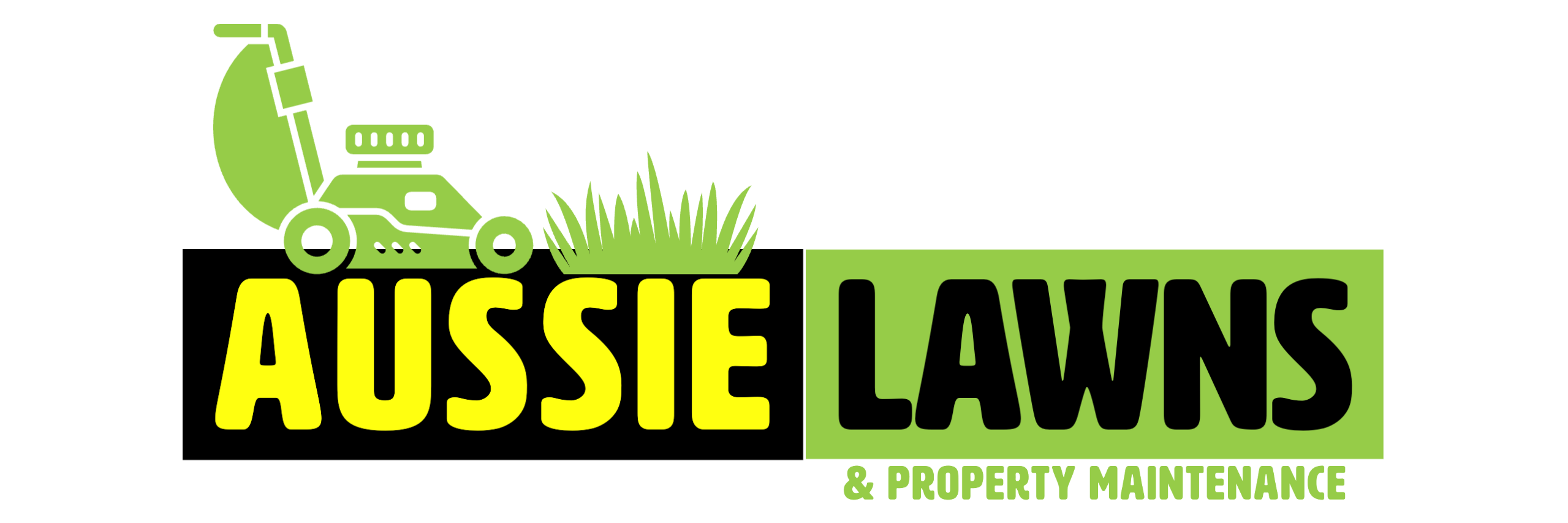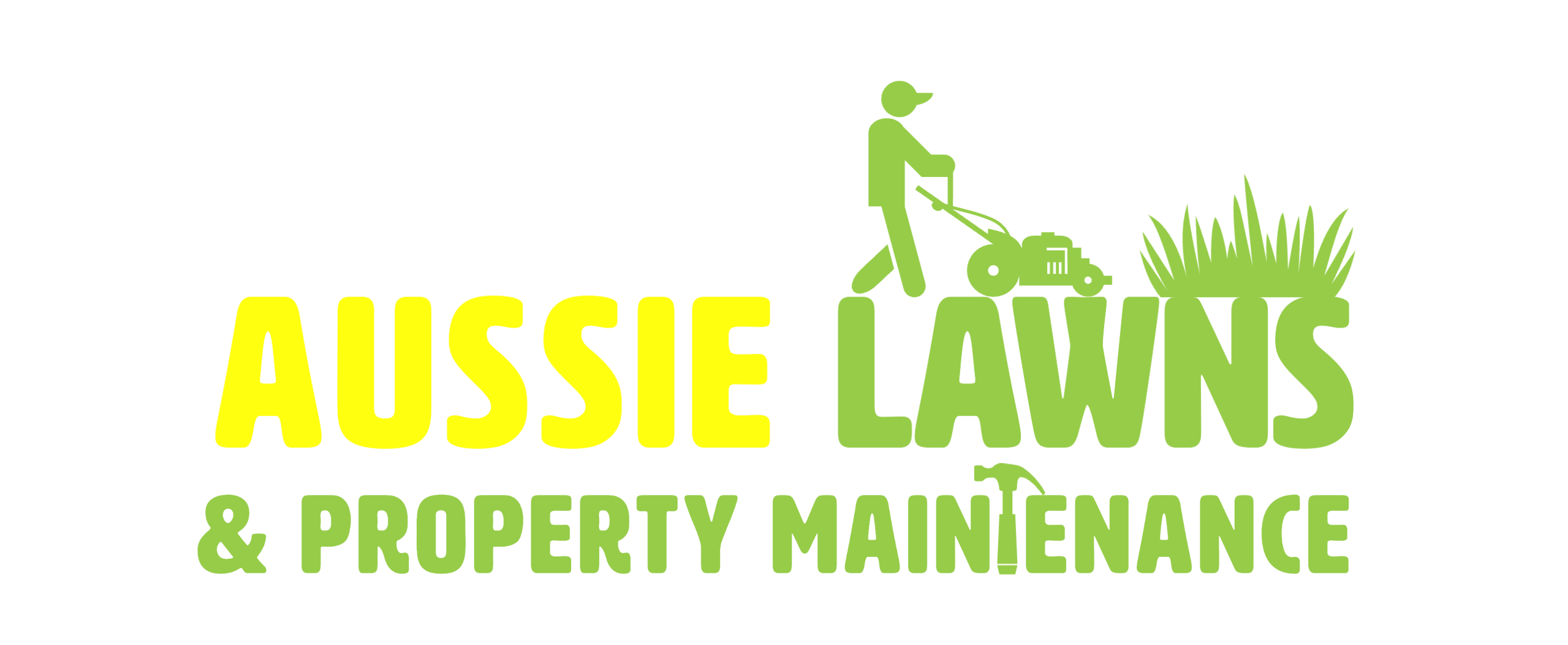If you have any questions about our services or would like to schedule an appointment, please don’t hesitate to get in touch. You can reach us by phone or email, and we will respond to your inquiry as soon as possible. We are happy to provide you with a free consultation and estimate for your lawn and property maintenance needs.
Lawn FAQ’S
How often should I water my lawn?
It depends on the type of grass you have, but generally, lawns need about 1-2 inches of water per week. It’s best to water your lawn deeply and infrequently, rather than a little bit every day.
How often should I mow my lawn?
Again, it depends on the type of grass you have, but most lawns should be mowed once a week during the growing season. Don’t mow your lawn too short, as this can stress the grass and make it more susceptible to disease.
How do I prevent weeds from taking over my lawn?
Regular mowing, watering, and fertilization can help keep your lawn healthy and prevent weeds from taking hold. You can also apply pre-emergent herbicides to prevent weed seeds from germinating.
How do I know if my lawn needs fertilizer?
A soil test can help determine if your lawn needs fertilizer and what type of fertilizer would be best. Generally, lawns need fertilization in the spring and fall to promote healthy growth.
What should I do about brown patches on my lawn?
Brown patches can be caused by a variety of factors, including drought, pests, disease, or nutrient deficiencies. It’s important to diagnose the problem before attempting to fix it. A professional lawn care service can help identify the cause of brown patches and provide the appropriate treatment.
Landscaping and gardening
What is the best time of year to start a garden?
The best time to start a garden depends on the climate of your region. In general, it’s best to start planting in the spring after the danger of frost has passed.
How often should I water my garden or plants?
The frequency of watering depends on the type of plants, soil type, and weather conditions. Generally, most plants need 1-2 inches of water per week, and it’s better to water deeply and infrequently rather than shallowly and frequently.
How do I know if my plants are getting enough sunlight?
Most plants need at least 6 hours of sunlight per day. If your plants are not getting enough sunlight, they may become leggy or have small leaves. You can also check for yellowing or dropping leaves, which can be a sign of too much or too little sunlight.


